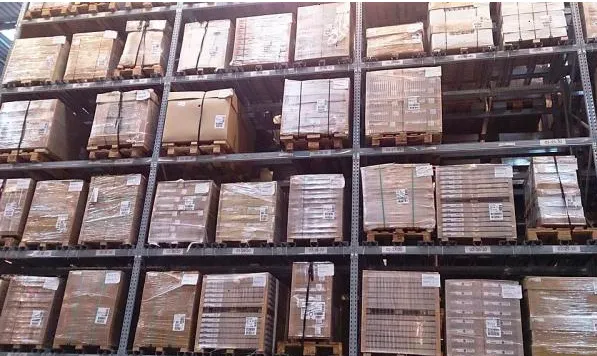
Gross take-up of industrial spaces in Sydney hits record highs in Q2 amidst e-commerce boom
Sydney recorded a total of 476,300 sqm of gross take-up in 2Q20, more than six times higher than the 1Q20 total and more than twice the 10-year quarterly average.
This total is also the highest single-quarter total since 2Q96 and the second highest JLL has recorded for this market.
The strong take-up was primarily driven by major pre-commitment deals, which accounted for 72% of gross take-up, notes JLL. Mainly from e-commerce and food retailers including Amazon, Coles and Woolworths. The concentration of demand was recorded in the outer precincts of Sydney, which accounted for 95% of take-up in 2Q20.
Here's more from JLL:
Completions continue to accelerate ahead of above-average year
Sydney recorded nine completed construction projects in 2Q20, which added a total of 208,800 sqm of new space to the market. This is the second consecutive quarter that completions exceeded the 10-year quarterly average of 123,200 sqm. Pre-commitment rates were relatively high, averaging 75% across the 10 projects, with only one fully speculative project completing in the quarter.
In line with the constrained land supply environment in Sydney’s inner areas, the majority of new assets were located in the three outer precincts which accounted for 95% of total completions. The highest proportion of completed floor space was in the Outer Central West (55%), followed by the Outer South West (23%) and Outer North West (16%), with the balance in the Inner West (6%).
Prime face rents remain stable, offset by growth in incentives
In light of strong demand results in the quarter, prime face rents grew by an average of 0.7% in 2Q20. This was led by the tightly held North precinct, which grew by 1.8%, followed by the Outer Central West (1.0%) and the Inner West (0.5%). However, given concerns about the potential for short-term vacancy, prime incentives have risen by an average of 3 percentage points across the market.
Investment volumes recovered from a weak 1Q20 result, with 10 assets transacting for a total of AUD 546.4 million. This is an increase of more than five times that of the 1Q20 result, and 25% above the 10-year quarterly average. The largest sales of the quarter were two assets in Sydney which were part of Aldi’s eastern seaboard portfolio, which sold for a combined AUD 356.9 million.
Outlook: Industrial occupier resilience remains in consumer staples
Despite the deferral of some speculative projects amidst the existing uncertain economic climate, the Sydney supply pipeline is expected to deliver above average totals in 2020. In addition to the 350,400 sqm delivered YTD, there is an additional 221,900 sqm of space under construction or with approved plans due in 2020. This will bring full year totals to 20% above the 10-year annual average.
It is still unclear exactly what the impacts of COVID-19 will be on the Sydney industrial market. Whilst it is widely accepted that some businesses will continue to suffer from declining economic activity, translating to a decline in demand from some sectors, it is also evident that there are a number of major groups who are looking to strategically position themselves for post-COVID-19 norms.




















 Advertise
Advertise





